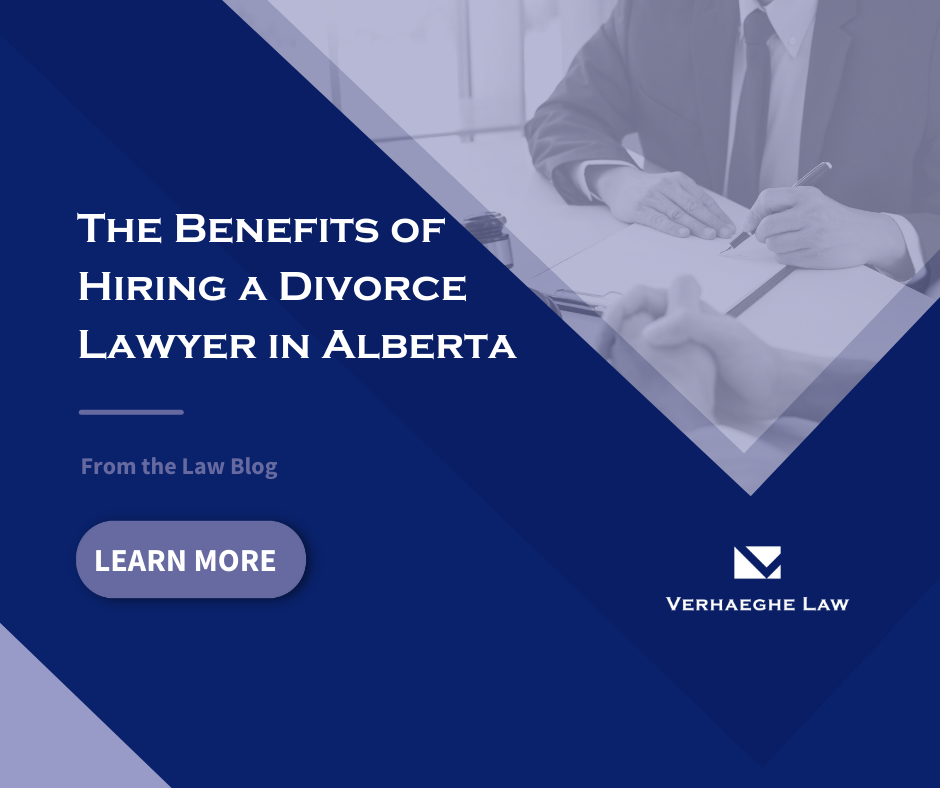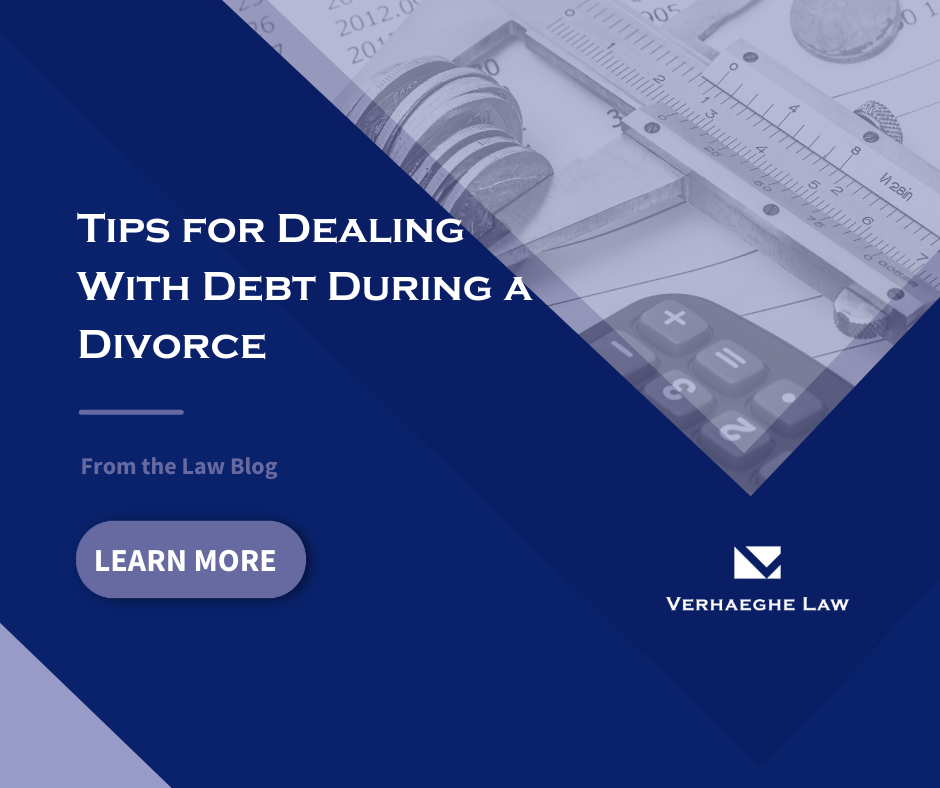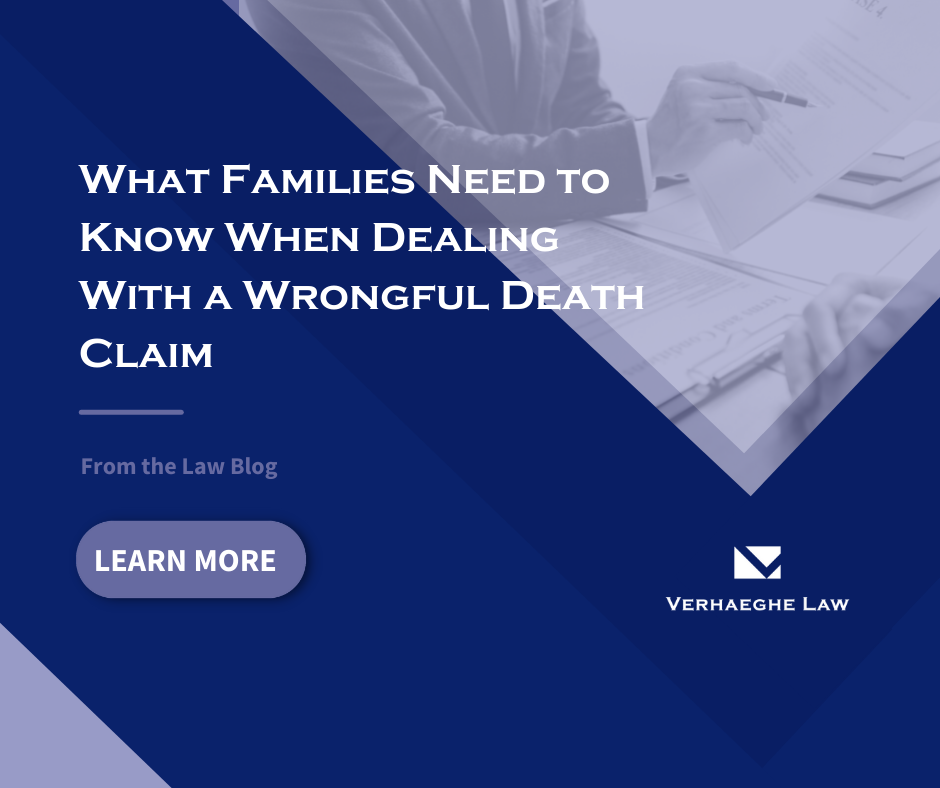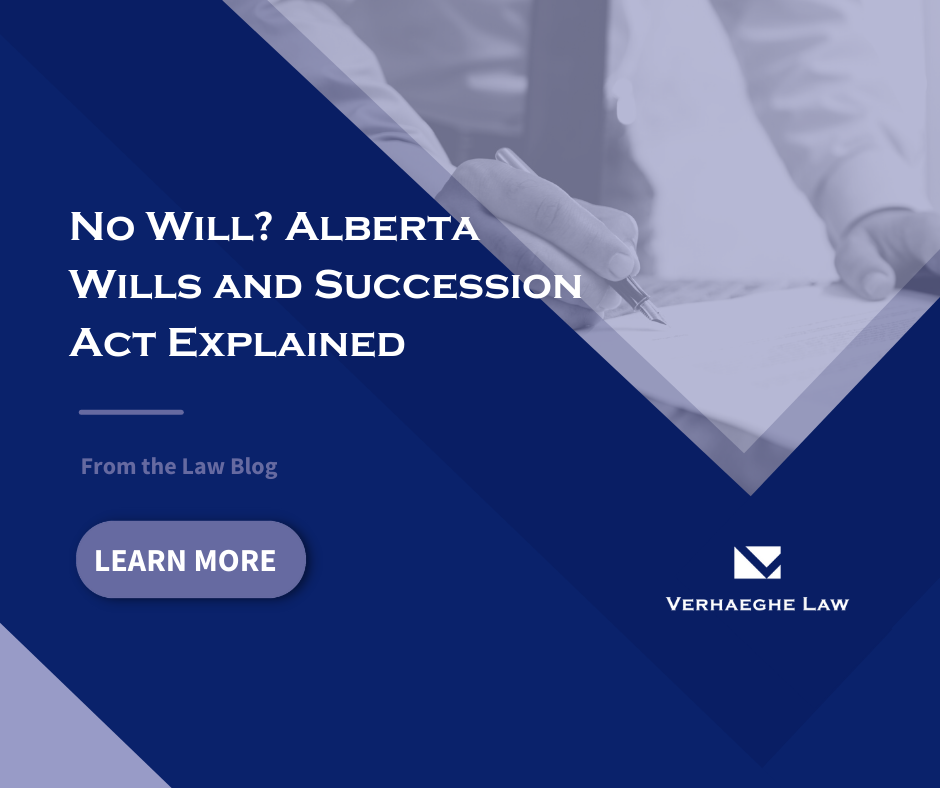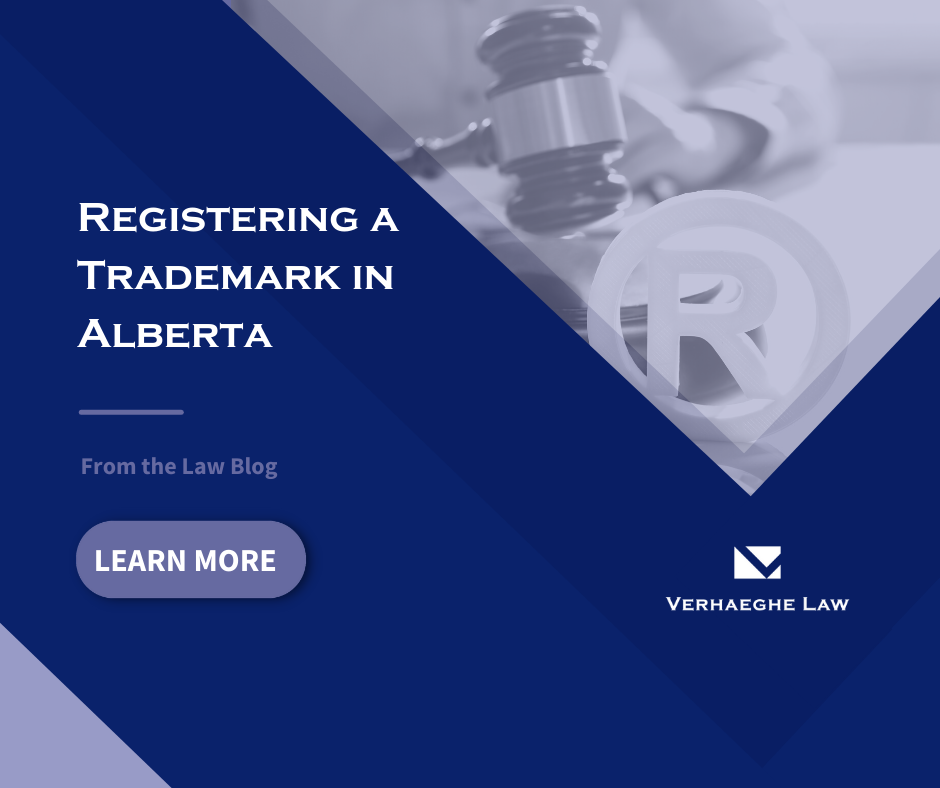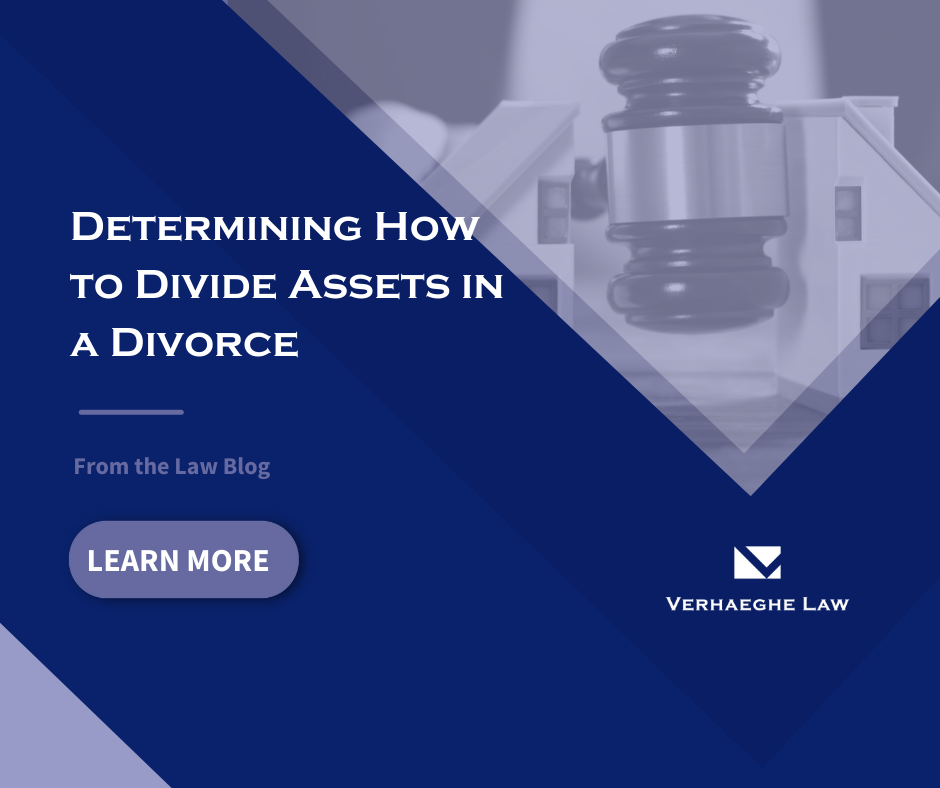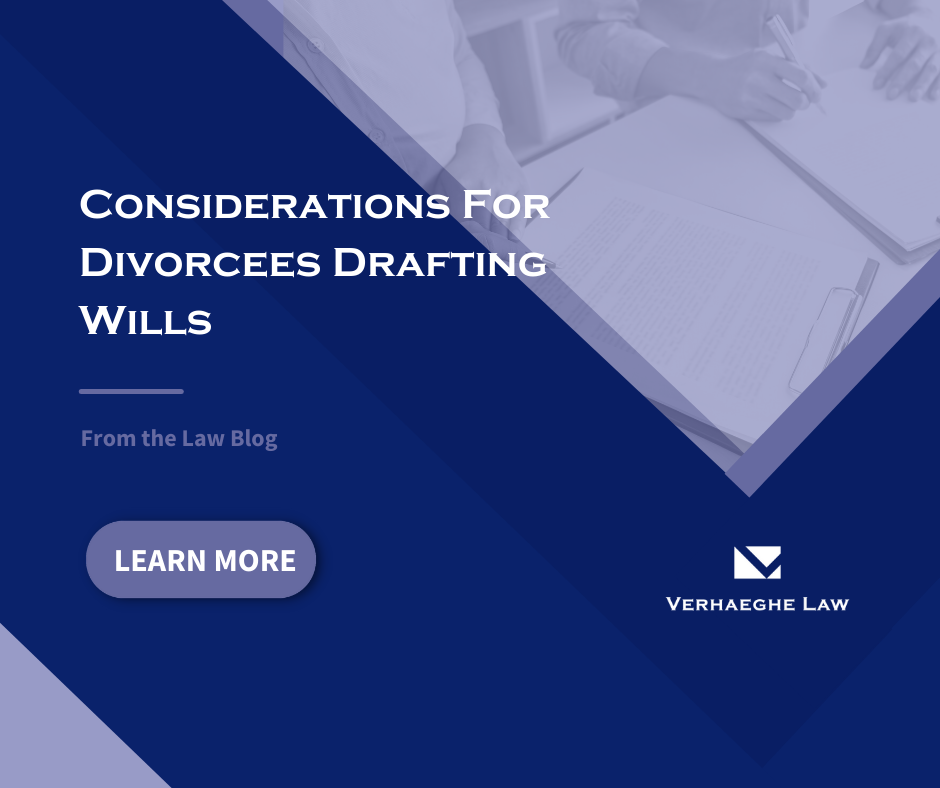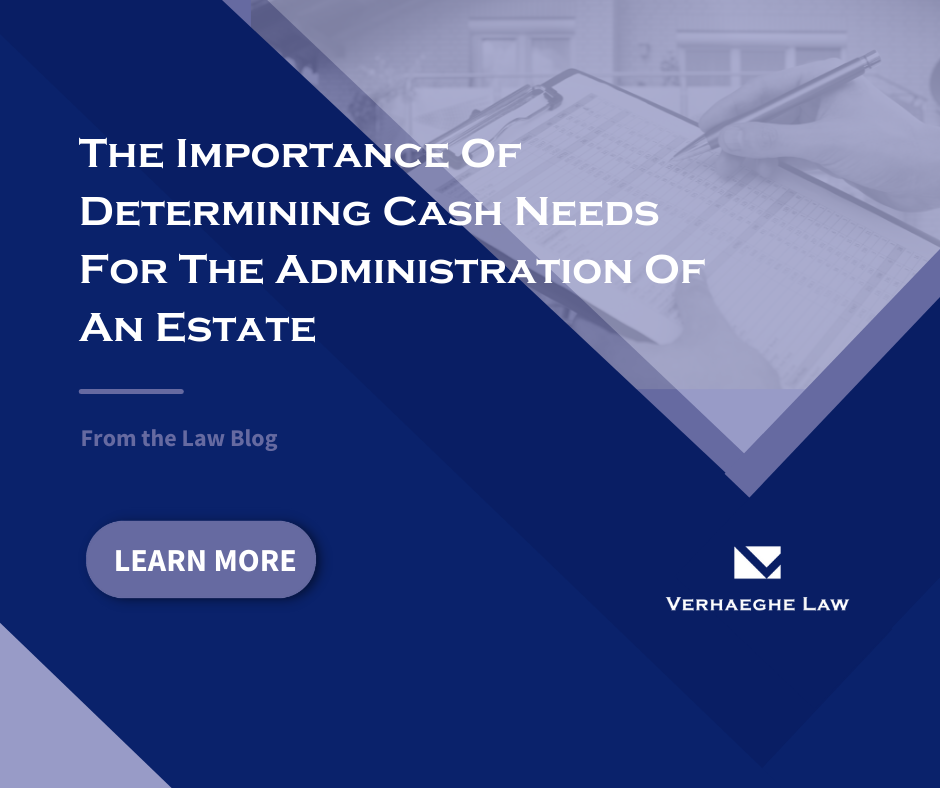Things To Consider When Selling Corporate Assets

An incorporated business can be sold in two ways: through a sale of shares, or a sale of corporate assets. Corporate assets can be sold piecemeal, which means that it is possible to sell a single asset owned by a corporation while maintaining the corporation as a going concern.
A sale of corporate assets raises a distinct set of legal issues as compared to a sale of shares. Our Edmonton corporate and commercial lawyers can tell you more about what to consider when selling corporate assets.
Do You Have the Authority to Sell Corporate Assets?
Generally, the director or directors of a corporation have the authority to make decisions relating to the running of the corporation, including the sale of an asset. Alberta's Business Corporations Act provides that a sale of all or substantially all of the assets of the corporation:
- - Requires the approval of the shareholders, and
- - Triggers the right of dissenting shareholders to be paid fair market value for their shares.
This requirement can make it difficult or impractical to sell corporate assets, unless the assets belong to a small privately held corporation. This requirement can be particularly problematic when either the seller or the potential buyer of the asset needs the sale to complete by a particular date. Our Edmonton corporate and commercial lawyers keep abreast of current corporate law issues, and may be able to clarify the demands of your specific circumstances.
Is Your Minute Book Up to Date?
An Alberta corporation is required to maintain certain records. Collectively, these records are known as the corporate minute book. When negotiating or finalizing a sale of corporate assets, lawyers and accountants for the purchaser will want to look at the records to make sure that the sale can proceed as negotiated.
Your corporate minute book should include:
- - The articles of incorporation.
- - A register setting out the directors and officers of the corporation.
- - By-laws and any amendments to the by-laws.
- - Shareholder resolutions and the minutes from annual shareholder meetings.
- - Records setting out the issuance and transfer of shares and any changes that have been made to the corporate share structure.
- - Any shareholder agreements.
- - Details of dividends paid to shareholders or bonuses paid to officers.
Missing documents in your minute book can lead to expensive delays.
Tax Considerations
One of the prime considerations when deciding whether to sell a business, whether through a sale of shares or a sale of assets, is the various tax repercussions incurred through each approach. Your concerns with respect to taxes may vary depending on:
- - Whether or not the corporation is a small, privately-held corporation with only one or two shareholders, and
- - Whether or not you intend to sell all the corporate assets.
When a person sells an asset, they incur capital gains, which are taxed at a rate determined by the federal government as part of the person's income for that year. An individual (not a corporation) can take advantage of a lifetime capital gains exemption when disposing of the shares of a qualified small business. If the corporation sells the business assets directly, then that exemption is lost. This is generally more of a concern for individuals interested in selling their entire business, and should be taken into account when negotiating a purchase price for the sale of all or substantially all of the assets of a corporation.
Contact Our Edmonton Corporate and Commercial Lawyers Today for a Consultation
There are many things to consider when organizing the sale of your incorporated business. The process of selling corporate assets, whether piecemeal or not, can benefit from the advice and assistance of a professional Edmonton corporate and commercial lawyer. To address any questions you may have concerning the sale of corporate assets, or any other matter of business law, contact us today to book a consultation.
*Please note that the information in this article is not legal advice, but rather a general overview on a legal topic pertaining to Edmonton corporate and commercial law. For legal advice, please consult with a lawyer.


